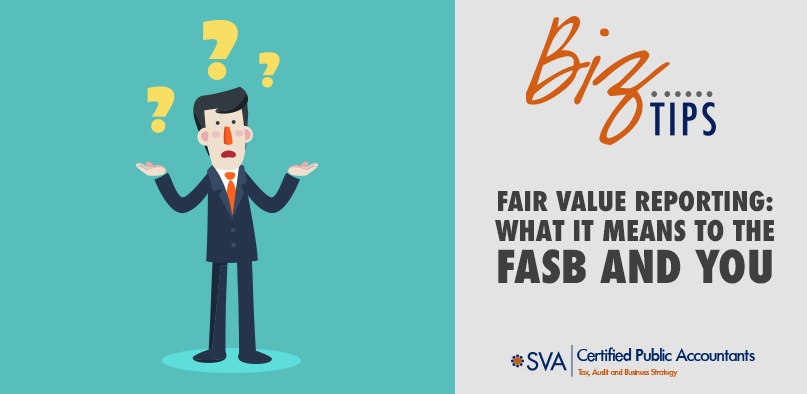In 2002, the Financial Accounting Standards Board (FASB), as part of its move toward international financial reporting convergence, began to transition from the principle of historic cost to fair value reporting.
Fair value estimates are now used to report such assets as derivatives, nonpublic entity securities, certain long-lived assets, and acquired goodwill and other intangibles. But why does the FASB’s move toward fair value matter to you?
Defining Fair Value
Under Accounting Standards Codification Topic 820, fair value is “the price that would be received to sell an asset or paid to transfer a liability in an orderly transaction between market participants at the measurement date.” Although it’s similar to the term “fair market value,” which is defined in IRS Revenue Ruling 59-60, the terms aren’t synonymous.
The FASB chose the term “fair value” to prevent companies from applying IRS regulations or guidance and U.S. Tax Court precedent when valuing assets and liabilities for financial reporting purposes. The FASB’s use of the term “market participants” refers to buyers and sellers in the item’s principal market. This market is entity-specific and may vary among companies.
Applying a Hierarchy of Inputs
The FASB recognizes three valuation approaches: cost, income and market. It also provides the following hierarchy for valuation inputs, listed in order from most important to least important:
- Quoted prices in active markets for identical assets and liabilities,
- Observable inputs, including quoted market prices for similar items in active markets, quoted prices for identical or similar items in active markets, and other market data, and
- Unobservable inputs, such as cash flow projections or other internal data.
Management can enlist the help of outside valuation specialists to estimate fair value, but ultimately it can’t outsource responsibility for fair value estimates. Management has an obligation to understand the valuator’s assumptions, methods and models. It also must implement adequate internal controls over fair value measurements, impairment charges and disclosures.
Finding Help
Do your financial statements include fair value measurements? If so, are they reasonable? Many business owners are confused by the valuation process.
We can help you evaluate subjective inputs and methods, as well as recommend additional controls over the process to ensure that you’re meeting your financial reporting responsibilities.

© 2016

